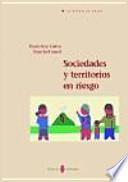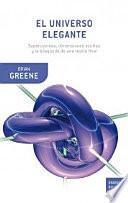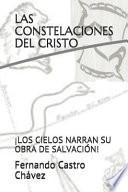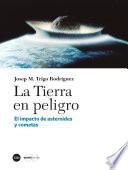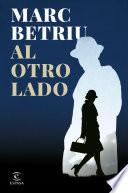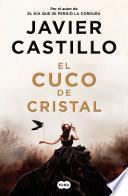Recent Advances in Density Functional Methods
Sinopsis del Libro
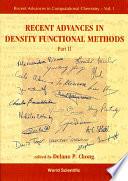
Of all the different areas in computational chemistry, density functional theory (DFT) enjoys the most rapid development. Even at the level of the local density approximation (LDA), which is computationally less demanding, DFT can usually provide better answers than Hartree-Fock formalism for large systems such as clusters and solids. For atoms and molecules, the results from DFT often rival those obtained by ab initio quantum chemistry, partly because larger basis sets can be used. Such encouraging results have in turn stimulated workers to further investigate the formal theory as well as the computational methodology of DFT. This Part II expands on the methodology and applications of DFT. Some of the chapters report on the latest developments (since the publication of Part I in 1995), while others extend the applications to wider range of molecules and their environments. Together, this and other recent review volumes on DFT show that DFT provides an efficient and accurate alternative to traditional quantum chemical methods. Such demonstration should hopefully stimulate frutiful developments in formal theory, better exchange-correlation functionals, and linear scaling methodology. Contents:On the Calculation of Energies and Optimised Geometries from Exchange-Correlation Potentials (D J Tozer & N C Handy)A Grid-Free Implementation of Density Functional Theory (J E Almlöf & Y C Zheng)Continuum Dielectric Models for the Solvent and Density Functional Theory: The State-of-the-Art (G D Luca et al.)On the Calculation of Multiplets (C A Daul et al.)Structural and Dynamical Features of Hydrogen Bonds from Conventional and Hybrid Density Functional Methods (C Adamo & V Barone)Chemistry by Density Functional Theory (C W Bauschlicher, Jr. et al.)The Self-Interaction Corrected Local Density Approximation Method (M A Whitehead)Index Readership: Researchers and graduate students in computational chemistry and computational physics. keywords:
Ficha Técnica del Libro
Subtitulo : (Part II)
Número de páginas 340
Autor:
- Delano P Chong
Categoría:
Formatos Disponibles:
PDF, EPUB, MOBI
¿Cómo descargar el libro?
Aquí te presentamos diversas opciones para adquirir el libro.
Valoración
4.6
81 Valoraciones Totales
